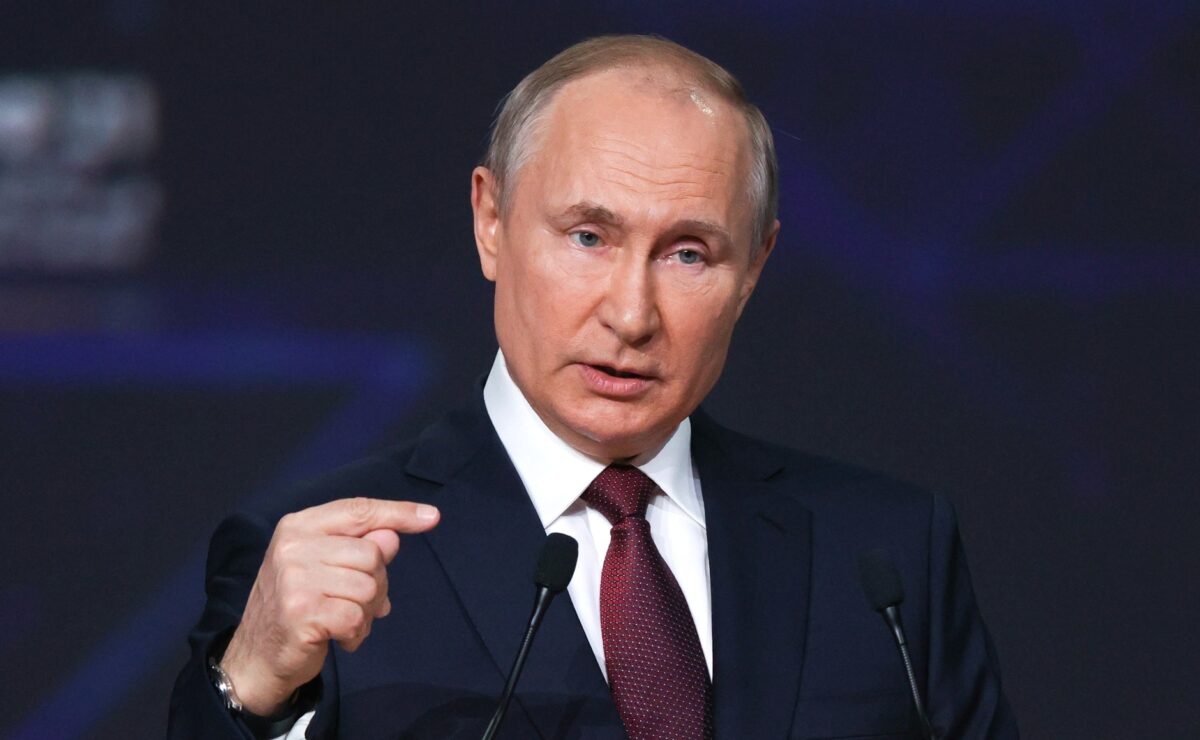Joe Biden has begun his first foreign trip as president, which will culminate in a summit with Russian President Vladimir Putin. Despite America’s technological, financial, and military advantages, Biden actually enters the meeting with a weaker hand.
The trip nearly five months into Biden’s presidency comes much later than those of his predecessors. Presidents Obama and George W. Bush both traveled abroad during the first months of their presidencies, although President Trump waited until May. While the White House attributed the delay to the coronavirus pandemic, Biden was fully vaccinated before he took office in January. The delay has contributed to concerns about the 78-year-old president’s stamina, and Putin in particular will be looking for signs of mental or physical exhaustion by the American president by the end of the six-day trip.
The plan to meet with the Russian president in neutral Switzerland represents a climb-down for Biden, who early in his term flippantly called Putin a “killer” and threatened tough actions that never materialized against Russian cyber-attacks. Specifically, after Russia was officially fingered for the SolarWinds hack, national security advisor Jake Sullivan said that the administration was set to retaliate using methods that would be “seen and unseen.” Unnamed officials were more explicit in promising cyber-attack retaliation against Russia. But whatever response occurred was so “unseen” that is was seemingly non-existent. This little-reported instance of speaking loudly and carrying a small stick might end up as Biden’s version of then-president Barack Obama’s declaration of a “red line” in Syria in the event of the use of chemical weapons—which when crossed was met with nothing.
Furthermore, despite western admonitions to desist, Putin massed troops on the Ukrainian border in a reminder to Biden and other western leaders that Russia can do things that they have little willingness and ability to stop. The move freaked out Washington enough to cause Biden to cut harsh talk about Russia and seek the summit—meaning that he is the supplicant when the two gather.
Biden will also preface the Putin summit with a series of profoundly un-serious acts and pronouncements at the G7 gathering in England and confabs with NATO and the European Union in Brussels—three constructs that are obsolete to the challenges America faces in this decade. Biden declared upon arrival in England that the United States “is back”—a lazy swipe at his predecessor, Donald Trump, for irritating Europeans by insisting they meet the defense spending obligations to which they agreed and end unfair trade practices. Europe did neither, but Biden has effectively said he will not press these unpleasant matters. He actually increased the number of American troops in Germany by 500 to 35,500, where they cost plenty but serve little purpose in deterring Russian hybrid, cyber, and political warfare. Biden also all but threw in the towel on a long-term U.S. effort to stop a petroleum pipeline from Russia to Germany that will enrich Moscow and give it more power.
At the G7, Biden will press his fellow globalists for progressive priorities like a minimum tax on corporations, climate change measures that will dramatically increase the cost of energy for Americans, and the administration’s controversial move to give away U.S. and European intellectual property related to coronavirus vaccines to countries like China.
Putin will interpret all of this as a combination of weakness and self-harm by stumbling western leaders. Biden would like to come out of the summit saying that he gave Putin a talking-to about human rights, cyber-attacks, and Ukraine. Putin will have a different narrative and again demonstrate that he can play a weak hand very well. What will be missed is any serious effort by Washington to divide Moscow from Beijing—a crucial goal to which the sprawling U.S. defense apparatus gives little serious consideration.
Christian Whiton was a State Department senior advisor in the Trump and George W. Bush administrations. He is a senior fellow at the Center for the National Interest and the author of “Smart Power: Between Diplomacy and War.”

